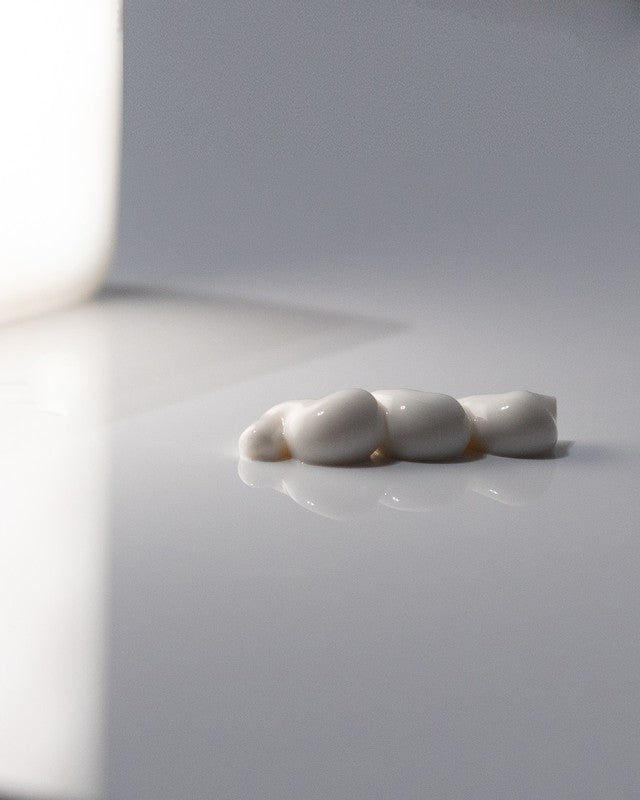
The number behind SPF. Is higher SPF the better?
|
Time to read 4 min


|
Time to read 4 min
UVA, UVB, SPF. These are terms that are frequently associated with any sunscreen or sunblock. But do we understand what they mean? What does it mean, and is higher the number the better it is for our skin?
In today's blog, we'll find out what the commonly-used term SPF means, what the number associated stands for, and whether higher spf is necessarily better than lower one.
SPF stands for "Sun Protection Factor." It is a measure of a sunblock or a sunscreen's ability to protect your skin from the sun's ultraviolet (UV) radiation.
The SPF number indicates how effectively the sunscreen will help prevent sunburn and other forms of skin damage caused by UVB rays, which are shorter UV rays responsible for causing sunburn and increasing the risk of skin cancer.
The SPF number is related to the amount of protection a sunscreen offers.
Here's what different SPF numbers mean in terms of protection:
What's interesting to note here is that the SPF number does NOT provide linear protection. As can be seen above, the difference in protection between SPF 30 and SPF 50 is relatively small.
And no sunscreen can block 100% of UVB rays. A higher SPF may offer slightly more protection against UVBs, but it doesn't mean you're completely shielded from the sun's harmful effects. In fact, applying higher SPF often makes us feel well protected that we forget to do what is more important than the number itself: reapplication!
Additionally, SPF does not measure protection against UVA rays, which cause more permanent damage, premature skin aging, AND can penetrate glass, unlike UVB rays.
Then how can we properly and thoroughly protect our skin against UV rays, both UVBs AND UVAs?
Dr. Louie says that regular application, correct usage, and other protective measures should be part of your sun protection strategy. (Click here to find out 4 Right Ways to Apply Sunscreen.) This is especially the case, especially after swimming or sweating.
For extended outdoor activities, using a “broad-spectrum sunscreen” (which protects against both UVA and UVB rays) with an SPF between 30 and 50 is generally recommended by dermatologists.
For UVA protection, look for ingredients such as zinc oxide or titanium dioxide in your sunscreen, as they provide effective protection against UVAs.
And make sure to apply your sunscreen not once, but TWICE when you first apply. This will increase sun protection by twice!
The most crucial factor to remember is consistent and proper application, rather than just focusing on the highest SPF number available.
Then are there any factors that we need to look for when choosing sunscreen for mature skin?
It is important to look for sunscreens that offer both effective sun protection and additional benefits that cater to mature skin concerns.
1. Broad-Spectrum Protection: As mentioned above, opt for a sunscreen that provides broad-spectrum protection against both UVA and UVB rays.
2. Anti-Aging Ingredients: Look for sunscreens that contain antioxidants like vitamin C. These ingredients can help combat free radicals and reduce signs of aging, such as fine lines and wrinkles.
3. Hydration: Mature skin tends to be drier, so consider a sunscreen with moisturizing properties. Humectants like hyaluronic acid and glycerin, as well as emollients like jojoba oil can help keep the skin hydrated.
4. Non-Comedogenic: Ensure that the sunscreen is non-comedogenic, meaning it won't clog pores or cause breakouts. It is also important to find non-comedogenic sunscreen because mature skin may already have a decreased ability to shed dead skin cells and regenerate as quickly as younger skin. Using non-comedogenic products ensures that the skin's natural exfoliation process isn't hindered, which is crucial for maintaining a healthy complexion. And using non-comedogenic sunscreen, like DrLOUIE's Protection Cream, as a base, including sunscreen, can create a smoother canvas for makeup application. Makeup products are less likely to settle into pores or fine lines, helping you achieve a more even and polished look.
5. Texture: Choose a sunscreen with a texture that suits your skin type. For mature skin, a hydrating but non-greasy formula is often preferable.
6. Tinted Sunscreen: Tinted sunscreens can provide light coverage, help even out skin tone, and reduce the appearance of imperfections without having to add another layer of foundation, which can be irritating to mature, sensitive skin.
7. Fragrance-Free: Fragrances can sometimes irritate sensitive or mature skin, so opt for a fragrance-free sunscreen.
DrLOUIE's Protection Cream meets all the categories. Originally formulated as an anti-aging, brightening day cream, Protection Cream contains all the effective ingredients that mature skin needs: anti-aging ingredients such as Vitamin C and EmblicaTM, hydrating ingredients like hyaluronic acid, and nourishing ingredients like jojoba oil and grapeseed oil. On top of that, it works beautifully as a makeup base and a sunscreen (broad-spectrum with SPF 34).
Mix 1:1 of our Protection Cream and any foundation you have (especially those matte, heavy coverage foundations) to create a tinted sunscreen that gives you both protection and coverage with a beautiful glass-like glow.

